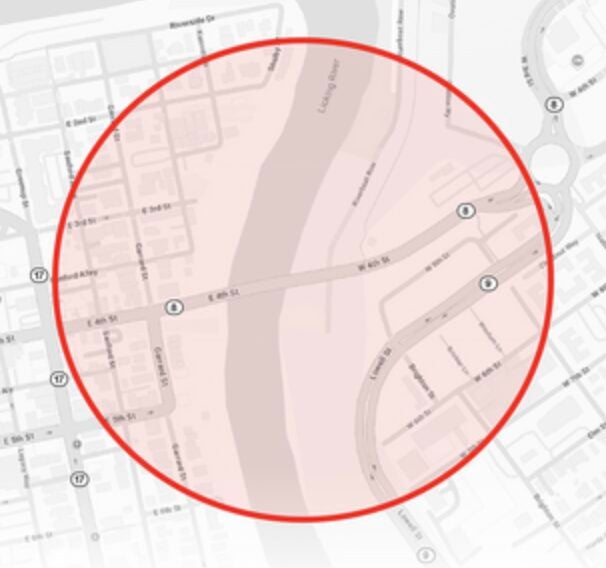With the holiday shopping season fast approaching, AAA is reminding shoppers to take precautions now to avoid becoming a target for identity theft, a crime that authorities say is growing in frequency almost daily.
According to IdentityTheft.org:
• The frequency of identity theft has been skyrocketing over the last few years, including credit card fraud.
• The average money lost in identity theft has nearly doubled since 2019.
• With a $500 median loss, the cost to victims is growing as we become more digitally dependent.
• Last year, consumers experienced almost $400M in losses from online shopping.

“October is Cybersecurity Awareness Month, and AAA encourages credit card users to take the necessary steps to minimize the risks so they have peace of mind while shopping online,” says Lori Weaver Hawkins, public affairs manager, AAA Blue Grass. “With the end-of-year holidays fast approaching, many will be increasing their online shopping as they purchase gifts for family and friends.”
Weaver Hawkins says that according to the Federal Trade Commission’s (FTC) Consumer Sentinel Data Book:
• There were 10,416 cases of identity theft reported in Kentucky in 2021.
• With an average of 233 reports of identity theft per 100,000 citizens, Kentucky has the 24th-highest population-adjusted case rate among states.
• All fraud and scams combined—including those committed through identity theft—resulted in $30.6 million in losses in the state in 2021.
• A typical fraud case in Kentucky represented a $350 loss on average last year.
Identity theft protection is an important way to ensure your online security. To protect its members, AAA includes ProtectMyID, the Experian Identity Theft Protection service, as a free benefit to all AAA members.
In addition to taking advantage of ProtectMyID, there are 7 other tips for minimizing the risk of identity theft, whether you shop online or in person:
1. Closely monitor your bank account and review all credit card transactions. Immediately report any suspicious activity.
2. Don’t use public Wi-Fi. Doing so leaves users susceptible to hackers intercepting personal information or implanting malware on a targeted computer or device.
3. Make sure the web addresses for online shops start with https and not just http. The ‘s’ stands for secure.
4. Never share personal information with any incoming callers or anyone who reaches out by email, regardless of how legitimate, threatening or urgent the caller or email seems. Contact the person or company by way of an independent phone number (not the one provided by the caller or email) to ask if there is a problem.
5. Never click on links in emails or text messages unless you were expecting the communication and are 100% sure it is safe.
6. Enable two-factor authentication on accounts when given the option to do so. This provides an extra layer of security.
7. Freeze your credit, thus preventing anyone from opening an account or credit card in your name. It is free to unfreeze your credit should you need to open an account yourself.
Visit AAA.com for more information on identity theft protection.
AAA Blue Grass

















